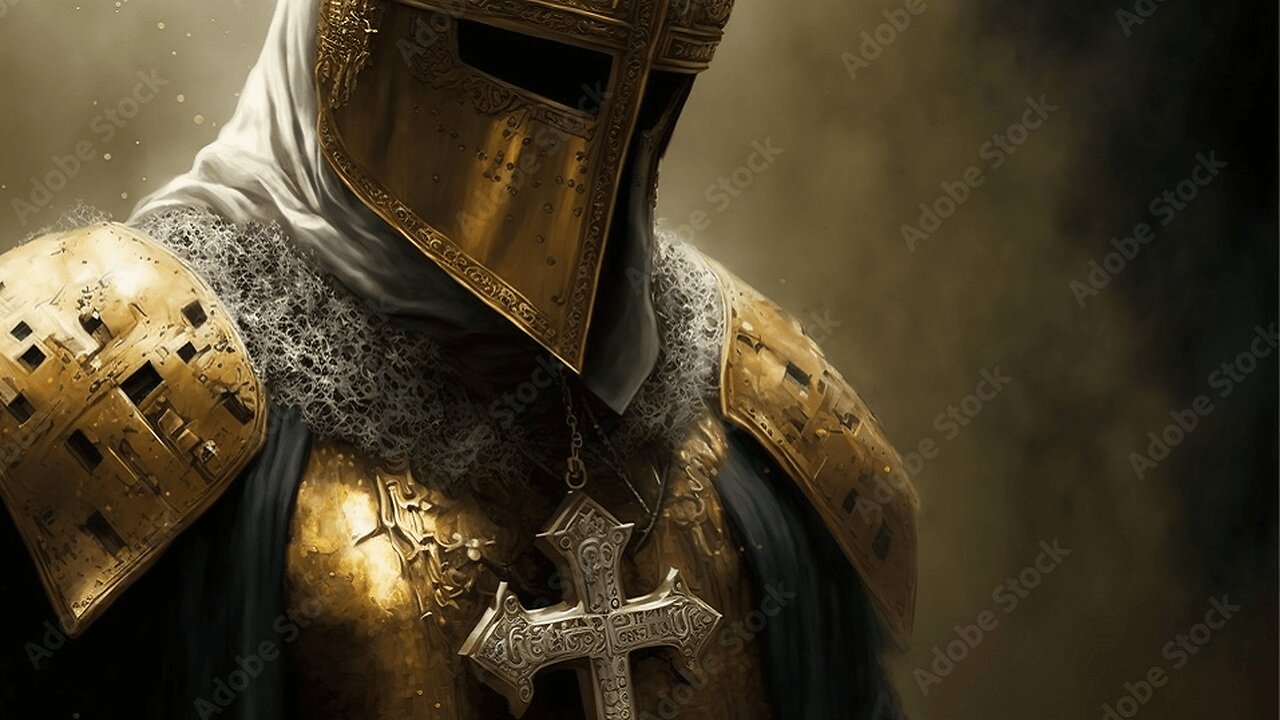Premium Only Content

Why Does Easter Have Two Different Dates?
Every year, millions of Christians around the world celebrate Easter — but not all on the same day. Sometimes the difference can be just a week apart; other times, it can stretch over a month. So why does Easter have two different dates? The answer lies in history, tradition, and the complexities of calendars.
The Two Calendars: Gregorian vs. Julian
The main reason Easter is celebrated on different dates is that Western and Eastern Christian churches use two different calendars.
Western Christians (including Roman Catholics and most Protestant denominations) follow the Gregorian calendar, introduced by Pope Gregory XIII in 1582 to correct inaccuracies in the older system.
Eastern Orthodox Christians use the Julian calendar, which was established by Julius Caesar in 45 BC and has a slightly different calculation of leap years and drift in dates.
How the Date of Easter Is Determined
Despite the calendar difference, both traditions use a formula established by the Council of Nicaea in 325 AD:
Easter is celebrated on the first Sunday after the first full moon following the spring equinox.
However, the two calendars place the spring equinox and full moons on different dates. For example, the Gregorian calendar marks the spring equinox as March 21, while the Julian calendar currently lags 13 days behind, leading to separate calculations for the same astronomical events.
Why Haven’t the Dates Been Unified?
Efforts have been made to unify the date of Easter, with various discussions between the Catholic and Orthodox Churches, as well as involvement from the World Council of Churches. However, tradition, liturgical practices, and regional identity make this a sensitive issue. For many believers, the date of Easter is deeply tied to historical continuity and spiritual meaning.
Fun Fact: They Sometimes Align!
Interestingly, there are years when both calendars result in the same Easter date. This happens when the calculations line up just right, and both traditions celebrate together. The most recent unified Easter was in 2017, and the next common Easter date will be in 2025.
Don't forget to like and subscribe! Thankyou.
OUTLINE:
00:00:00: A Tale of Two Easters
00:00:39: Keepers of Time
00:01:56: The Council's Cosmic Formula
00:03:09: A Matter of Tradition
00:03:43: Easter's Celestial Dance
-
 LIVE
LIVE
MattMorseTV
1 hour ago🔴Election Day LIVE COVERAGE.🔴
1,612 watching -

BonginoReport
2 hours agoElection Night Showdown Spotlight - Nightly Scroll w/ Hayley Caronia (Ep.170)
25.2K9 -
 1:24:03
1:24:03
Kim Iversen
3 hours agoAn Islamist Socialist in NYC? The Panic Is Epic | Neocons To Tucker: 'Love Israel OR ELSE'
58.3K79 -
 LIVE
LIVE
Tundra Tactical
2 hours agoProfessional Gun Nerd Plays Battlefield 6
98 watching -
 LIVE
LIVE
Quite Frankly
7 hours ago31/ATLAS to Enoch, Election Night Updates, Open Lines | Timothy Alberino 11/4/25
443 watching -
 1:05:56
1:05:56
vivafrei
2 hours agoComey Doubles Down, Prosecution Doubles Up! Election Day Madness! Boasberg Impeachment & MORE!
21.2K13 -
 LIVE
LIVE
SpartakusLIVE
1 hour agoNEW Meta = EPIC WINS on Battlefield 6 - REDSEC
226 watching -
 4:46:51
4:46:51
StoneMountain64
5 hours agoBattlefield REDSEC leveling guns for attachments
29.6K2 -
 26:19
26:19
Liberty Hangout
4 days agoAnti-Trumpers Make Up Bizarre Theories
9.16K38 -
 LIVE
LIVE
GritsGG
5 hours agoWorld Record Win Streak Attempt! #1 Most Wins 3880+!
38 watching